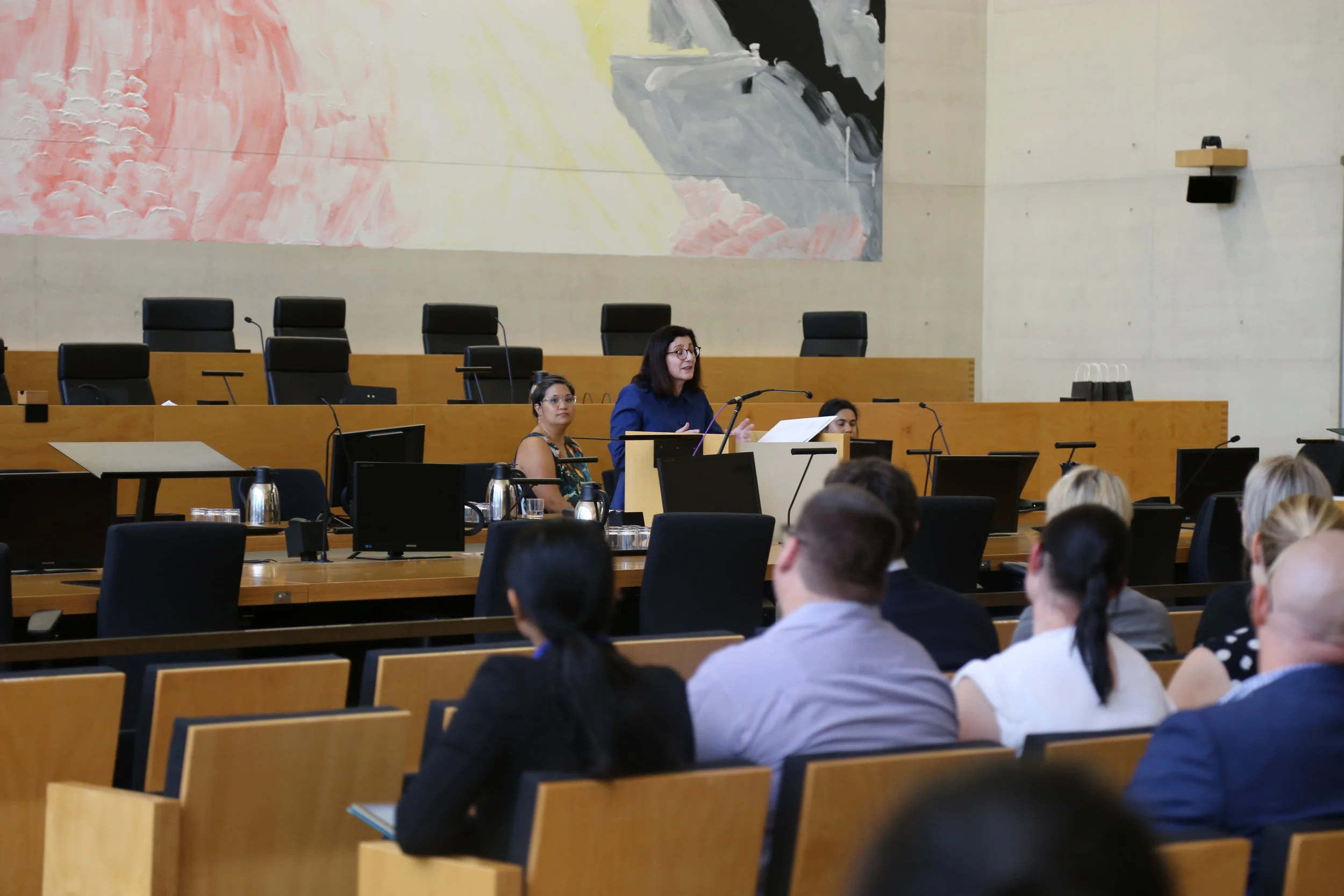At the recommendation of one of the editors of the Osgoode Hall Law Journal, I recently read Jennifer Mnookin’s excellent article on “modular” expert evidence. In our forthcoming paper, Will Crozier and I suggested that expert evidence about false confessions and the fallibility of eyewitness memory is excluded on the basis of a misunderstanding of human psychology. In short, Canadian courts deem expertise unnecessary because it simply duplicates the knowledge and experience and the factfinder. We disagree: people are often not aware of how their memory works and how strong the impact of the situation is on their behaviour (including those forces that produce false confessions).
Read MoreCanadian courts are increasingly interested in the bias (and partiality and non-independence) of expert witnesses. An Ontario trial court’s recent decision in Livingstone to exclude a computer expert is an excellent example of that trend (or what anecdotally seems like a trend). In this note, I’ll go over Livingston and try to explain its significance.
Read MoreBy now, the Supreme Court of Canada’s boozy federalism decision in R v Comeau is old news. And – no doubt – many important things can be said about Comeau and cooperative federalism, originalism, and precedent. My interest, however (and not surprisingly), is in the expert evidence issues it contains. Most notably, Comeau raises important issues about the factual determination of history in courtrooms and the roles of judges and expert witnesses in that task. In Comeau, I think these issues could have been handled a lot better.
Read More



